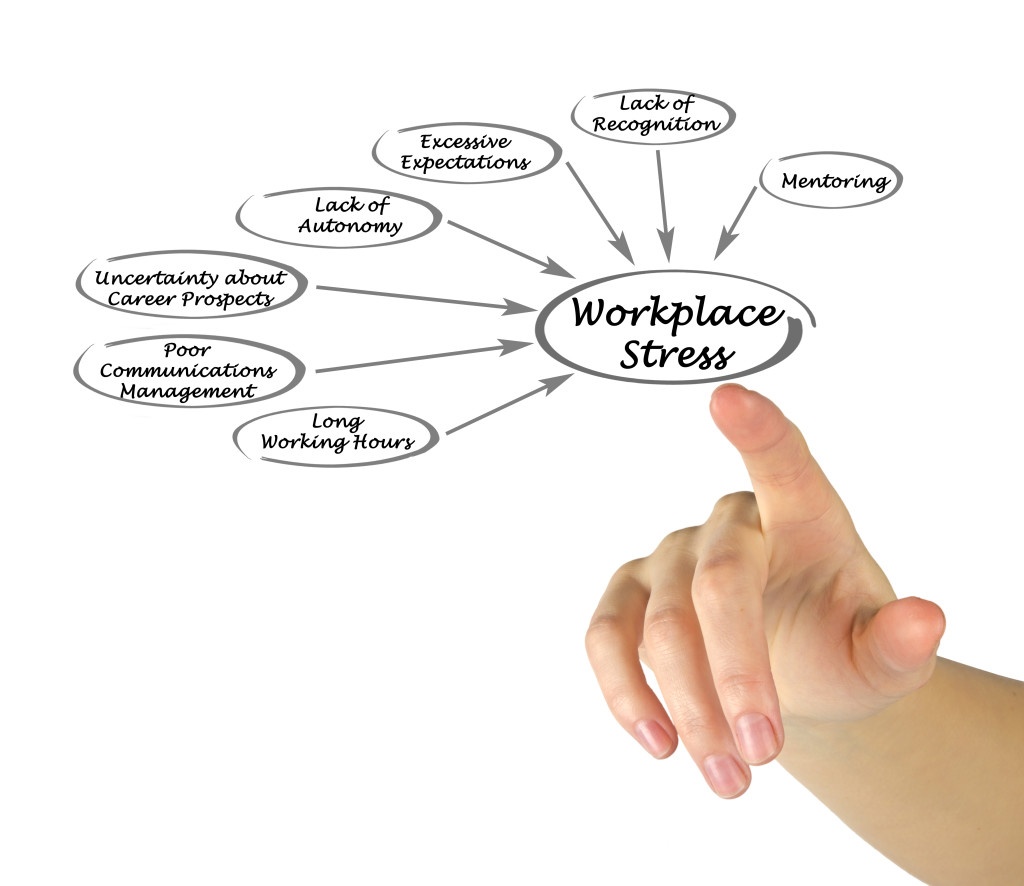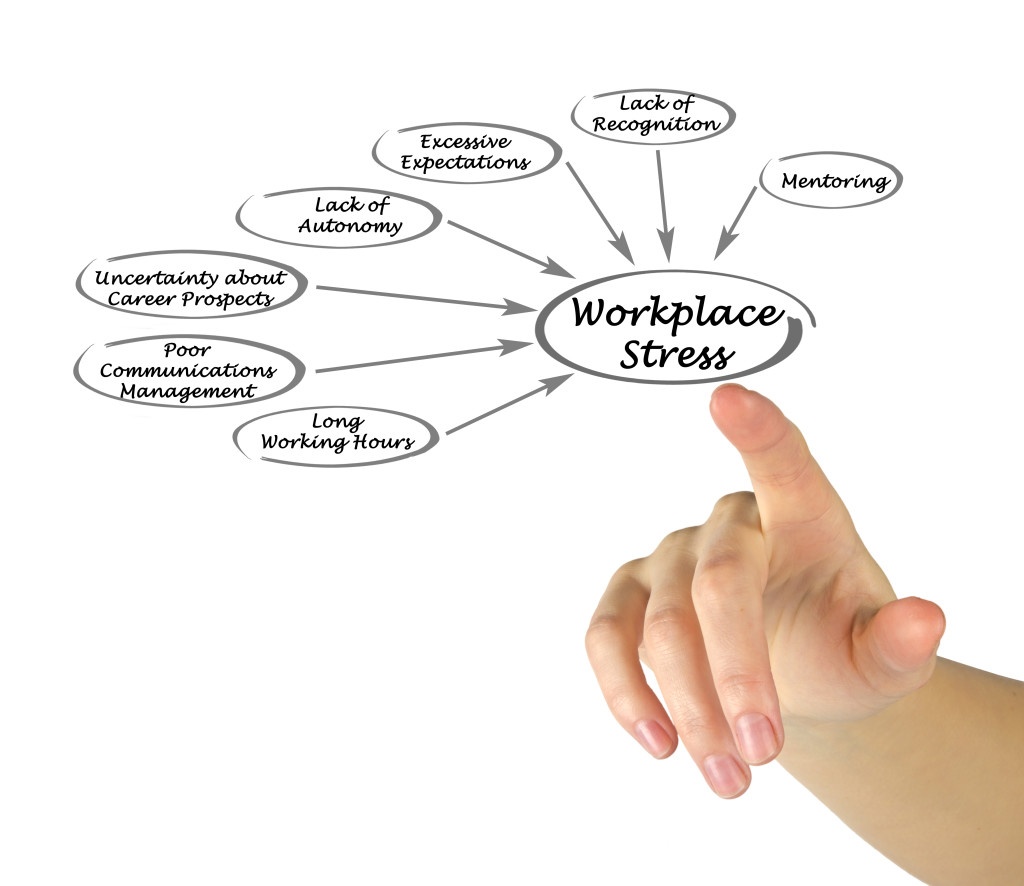lower workplace stress and your workers' compensation premium

Workplace stress is something most organisations are familiar with, and its health risks and adverse effects on work performance are becoming more widely recognised. In Australia, stress made up 16% of workers’ compensation claims and 37% of the total cost of claims in 2013–2014 according to a 2015 report by Comcare.
According to the report, the average mental stress claim costs $342,000, so it's clear workplace stress is something that needs attention. Identifying and managing stress in the workplace can significantly decrease claims and improve workplace culture, so below we’ve gone through what workplace stress is, and ways you can identify, manage and mitigate its costs.
Workplace stress explained
Stress is defined by the World Health Organisation as ‘the reaction people may have when presented with demands and pressures that are not matched to their knowledge and abilities and which challenge their ability to cope’. Stress can be caused by work pressure, harassment, violence or any other traumatic experience, with the majority of claims in Australia attributed to work pressure.
Finding stress and its causes
There’s a lot of ways you can identify stress in your workplace. External symptoms like decreases in productivity and work quality, or increases in unplanned absences, can all be signs of a stressed-out workforce. We recommend employers use a number of complementary strategies to gather information on stress, including:
- Analysing the results of exit interviews
- Evaluating data relating to absenteeism and retention rates
- Assessing bullying, harassment and performance management complaints.
By far the most effective approach to identifying stress is to survey targeted groups in your workplace. The employer can then work in conjunction with this group to formulate strategies to de-stress the workforce. Talking to your employees means you will find out first hand the pressures they face, and they will feel empowered if they have a say in the way it’s handled.
De-stressing the workforce
There are many ways to mitigate stress in the workplace. Creating safe situations where staff can talk about problems – such as regular meetings and one-on-ones – gives staff a chance to express their concerns and have them acted upon. In the example mentioned above, if the worker has regular one-on-ones with their manager, they can talk about what they are struggling with. Their manager can then organise workplace training and create a development plan, making the employee feel heard and able to manage their job better. Further to this, making sure there are systems in place to manage employee workload and providing exposure to co-workers are great ways to prevent stress building up with your employees.
The best strategies for reducing stress in the workplace focus on empowering your employees:
- Change the way the job is done or the working environment; share workloads
- Select and train employees properly to ensure they perform their job effectively; review their progress regularly
- Give employees control over the way they do their work, through flexible hours and job-sharing
- Increase the amount and quality of support they receive, through people management training for supervisors and employee assistance programs.
Like many health and safety issues, prevention is the best cure. Employers can mitigate the effect of workplace stress through early intervention. By regularly monitoring staff satisfaction and making sure employees know whom to talk to about problems, organisations can dramatically reduce the occurrence of stress claims.
Reducing the business costs of workplace stress claims
Managing workplace stress is vital to employee wellbeing and your business’s bottom line.
While it’s necessary to try and reduce stress in the workplace, employers should understand that stress-related claims are bound to occur and are increasing in frequency. This is why it’s important to work with a workers’ compensation Agent that uses specialised strategies to mitigate the costs. A good example is Gallagher Bassett’s Mental Injury Intervention Program, which helps case managers ensure the correct eligibility decisions are made from the outset when a mental health claim is made, and that a return to work focus is brought to the claim.
GB clients have achieved reductions in time lost to workplace stress claims and lowered their insurance costs as a result of this approach. If you think your workers' compensation provider could be doing more to support you in managing stress claims, contact us for a free consultation.


